Moisture in hearing aids is one of the most common faults in hearing aid use. Not only does it cause abnormal sound, but it also has a serious impact on the life of the hearing aid.
As the weather gets colder and colder, when the temperature difference between indoors and outdoors is large, especially when walking outside from a warm air-conditioned room, we often find that there is a mist on our glasses, which is caused by condensation. The same applies to hearing aids, where such a temperature difference can cause moisture to form on the internal sound tube and, if left untreated, can lead to hearing aid failure. This is why it is so important to protect hearing aids from moisture in winter.
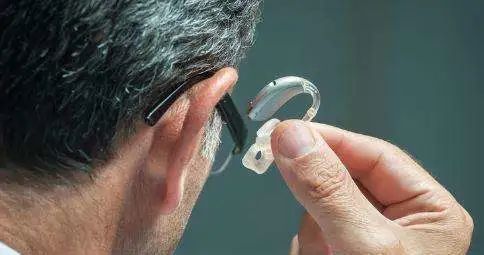
Image from the internet, if you infringe, you must delete
If you find water droplets inside the sound guide tube, you should deal with them in good time. You can try to remove the water droplets by pulling off the sound guide tube of the hearing aid or by preparing a blow-up balloon at home. Then dry the hearing aid and the leadpipe again.
It is recommended that hearing aid users always have an electronic dryer or a dryer can at home, so that they can put it in at night when they are not in use and dry it in time.
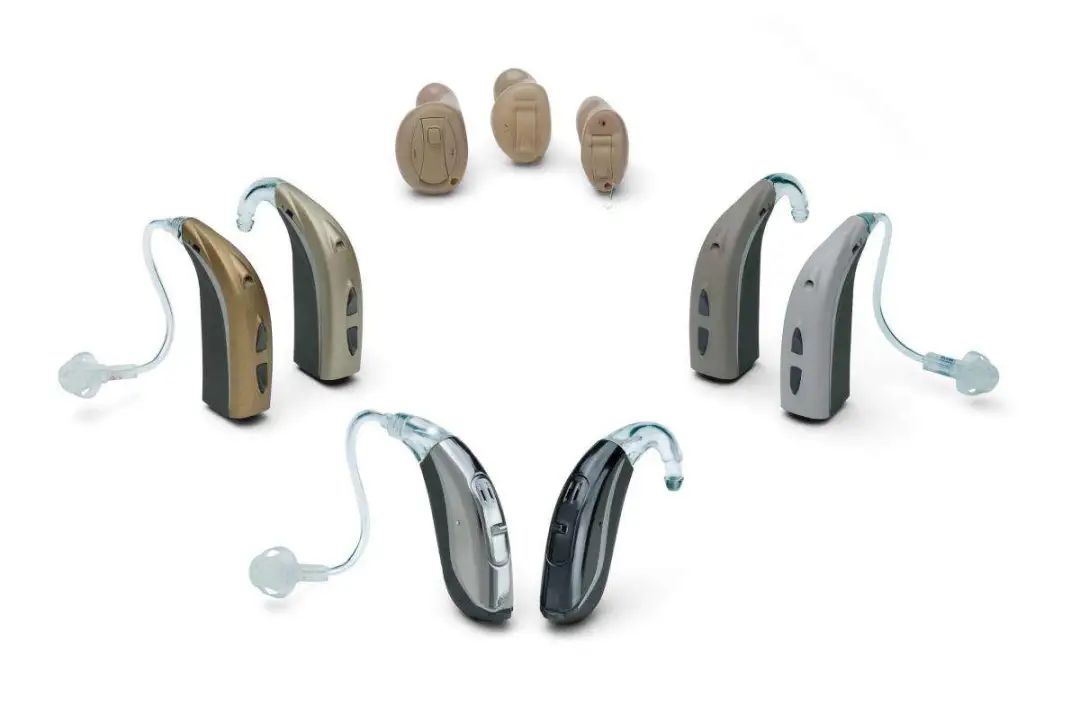
Pictures are from the internet, if invaded must be deleted
How can I prevent my hearing aids from getting damp in my daily life?
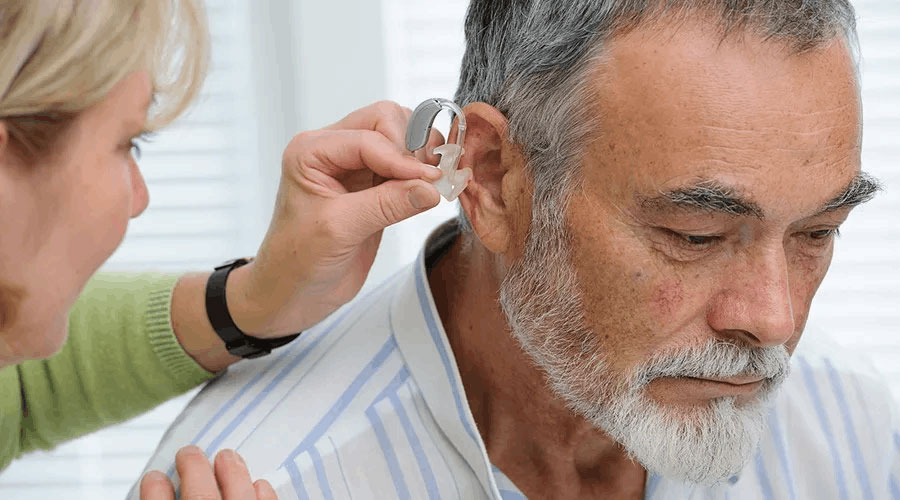
Image from the internet.
Keeping your hearing aids dry is a priority, as moisture can easily affect your listening performance and cause malfunctions.
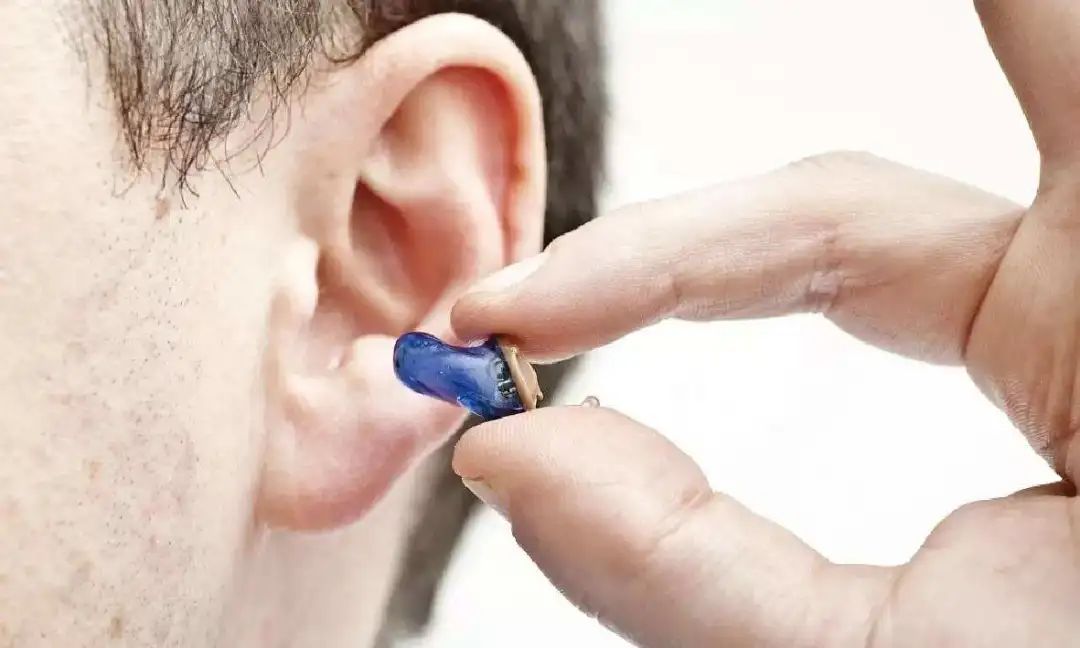
Image from the internet, if infringed, it must be deleted
1. Avoid immersing your hearing aid in any liquid. Remove your hearing aid before bathing, washing your hair or face to prevent it from falling into the water. Especially in changing seasons or humid areas, or in early mornings when there is a lot of dew or on foggy days; avoid being drenched when spraying hairspray.
2. Dry your hands before touching the hearing aid. Keep your hands clean when adjusting the volume of the hearing aid or changing the batteries, etc. Do not touch the hearing aid with wet or dirty hands; and do not wipe the hearing aid with cleaning agents or chemicals.
3. When stepping out of a heated room into the cold, take care to prevent condensation, especially on the sound guide tube and ear hooks of your hearing aid.
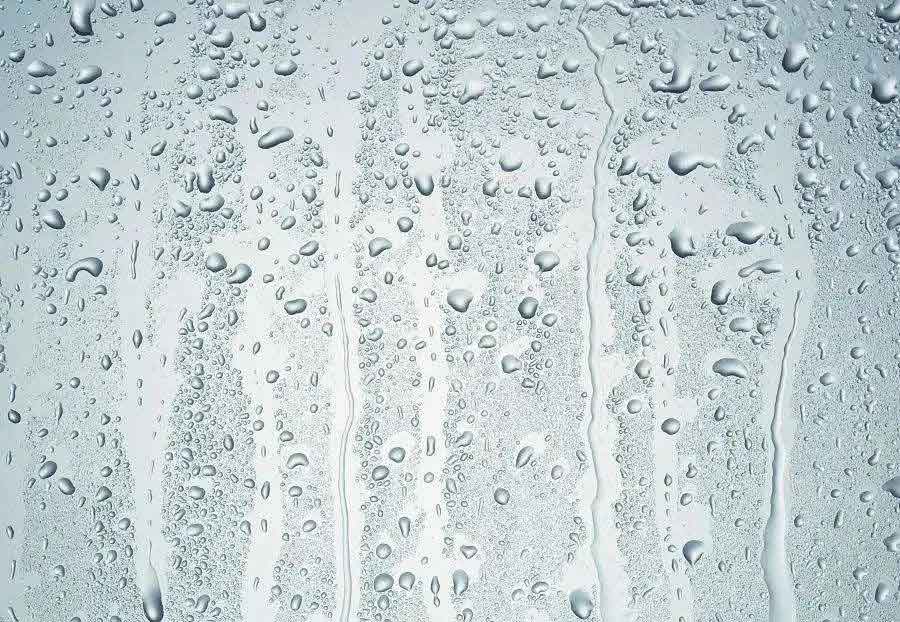
Pictures are from the internet, if invaded, they must be deleted.
4、Cultivate the habit of scientific cleaning of the hearing aid ear canal cerumen can affect the use of hearing aids, so it is necessary to develop the habit of cleaning and drying the hearing aid every day, especially the correct use of the drying box and desiccant, please strictly follow the instructions introduced by the method of correct use. When you are not using your hearing aid, wipe it clean and place it in an airtight box and place a packet of silica gel desiccant to dry it.
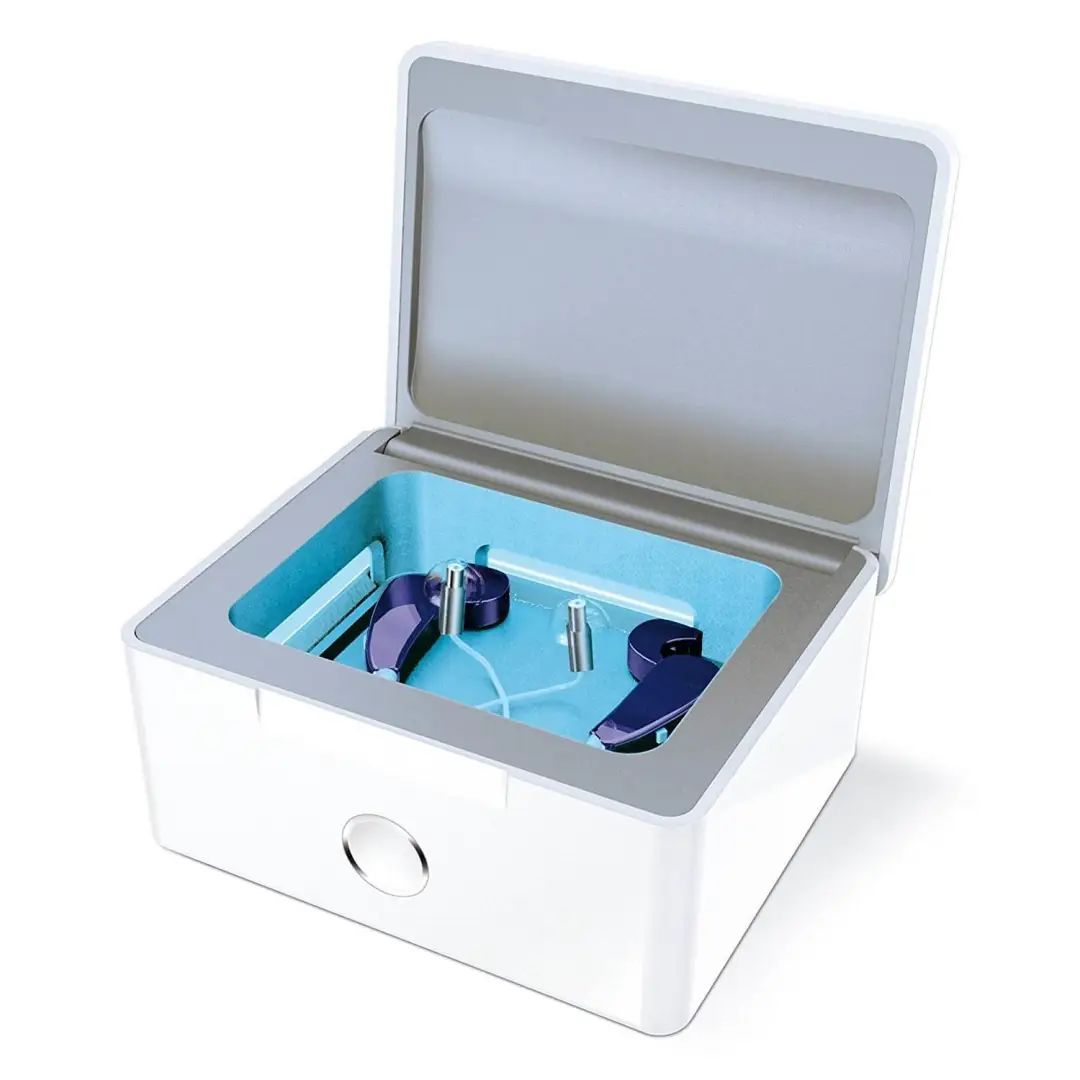
Pictures from the internet, if invaded must be deleted
5. Once your hearing aid has been exposed to moisture, do not bake it in a microwave oven or oven, or expose it to the hot sun. Scientific drying and care should be carried out after consulting the appropriate professionals.
6. If you like to exercise and play sports, do not wear your hearing aid immediately after swimming or bathing.
7. How to store hearing aids that have not been used for a long time If you do not use your hearing aids for a long time, you should remove the batteries and store them. You should also avoid direct sunlight and keep your hearing aid in a cold, dry place to prevent moisture.
8. Regular maintenance at a professional fitting centre Hearing aids are different from other items and it is recommended that hearing aid wearers visit a professional fitting centre regularly to have their hearing aids readjusted for better performance.
What should I do if my hearing aid is out of order due to moisture? Don't worry, you can dry the hearing aid case first and then place it in a sealed drying box (nowadays there are two types of drying boxes: granular desiccant and electronic desiccant, which are used in different ways. If there is still a problem and the dampness is severe enough to cause a small or no sound, please take your hearing aid to a hearing aid fitting centre as soon as possible to prevent corrosion of the hearing aid's main board.
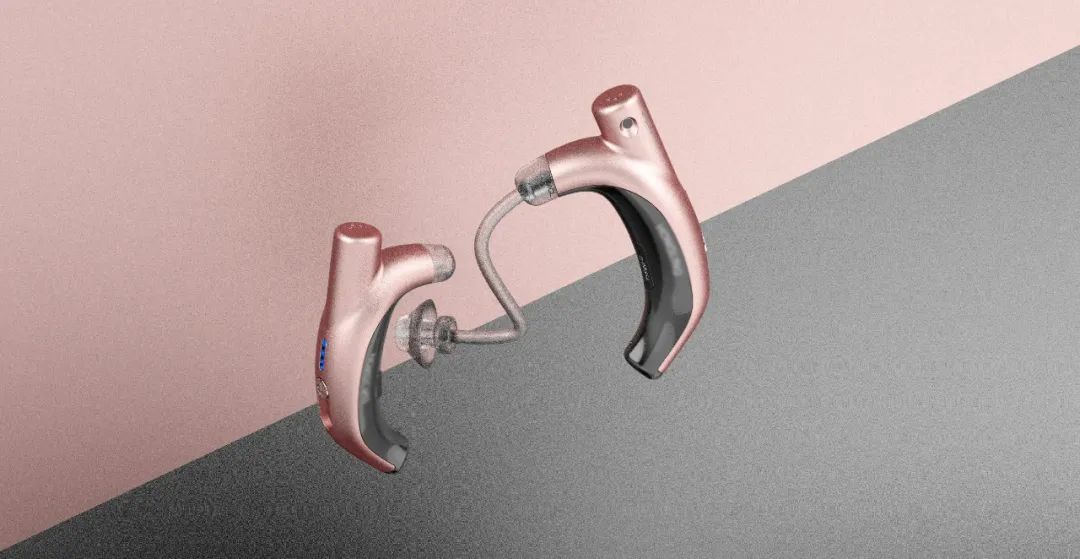
Images are from the internet and must be deleted if they are infringed.
Dampness cannot be avoided 100% because of the humidity in the air. By avoiding exposure to high humidity in everyday life, you can reduce the risk of hearing aid failure. When not in use, you can store your hearing aids in a special drying box, or dry them in an electronic dryer once or twice a week in autumn and winter, or every other day in spring and summer, to reduce the frequency of hearing aid failures.










